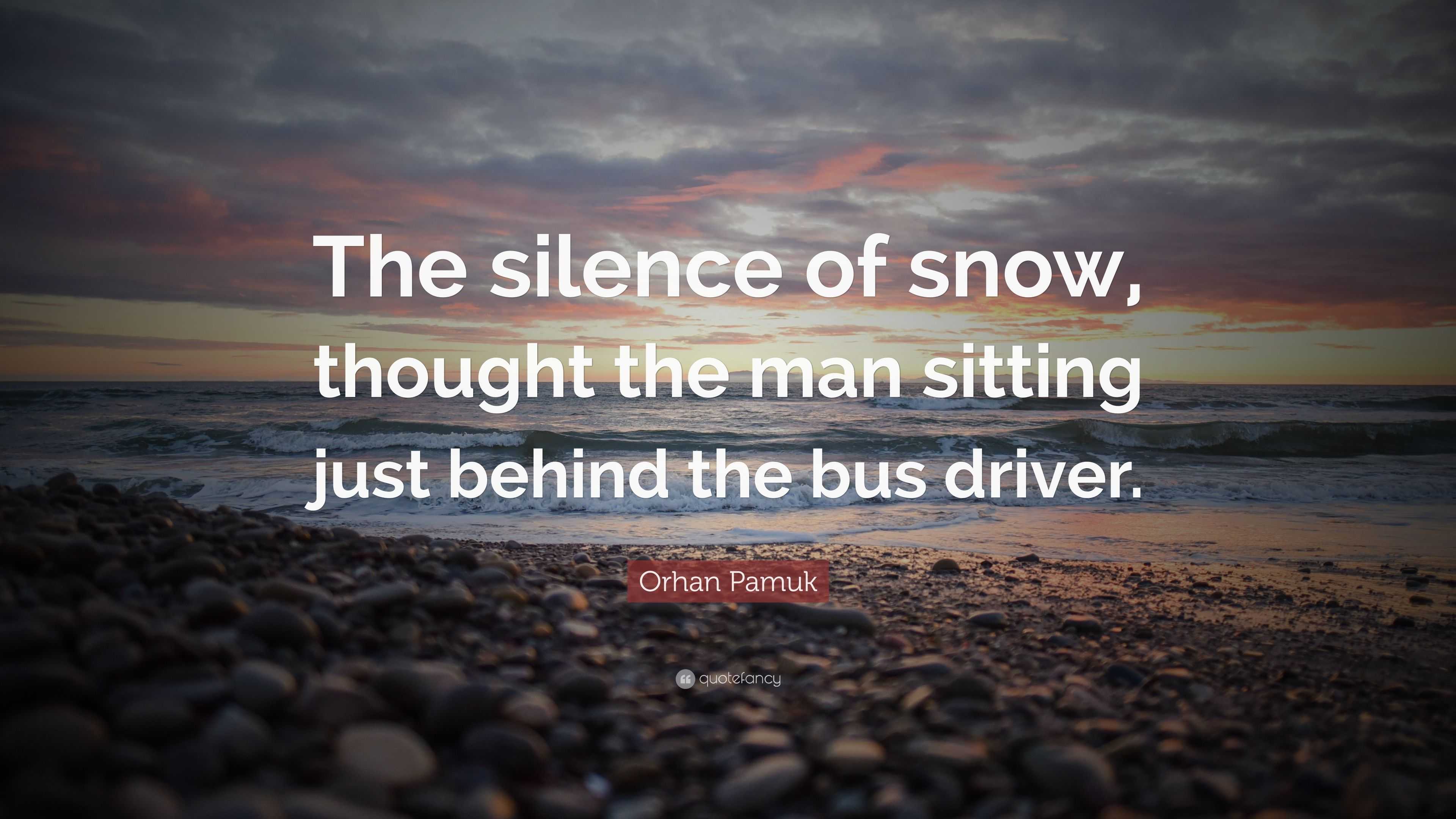

Pamuk uses the snow that surrounds the city and cut it off from the rest of the world so extraordinary. And in the end, you don’t know a lot more about Ka since his identity is only coming through via some notebooks, stories from people he met in Kars and the few people he knew in Germany. But still, you want to read on and find out what happens. You know he is shot in Germany, you know he lives there alone and never makes it with Ipek. There’s terrorists, peace talk attempts, religious conflicts, shootings and more.Įven though you know the way it all ends for Ka, Pamuk still keeps you enthralled throughout the book. In a way, Kars becomes Turkey and everything that goes on in Turkey politically, goes on in Kars in these short three days where the city is separated from the rest of the country.
This is the show where soldiers start shooting the audience and in a sense takes the entire city as hostages – at least until the roads are cleared again.

While he’s there, a live theatre show is transmitted to the entire city. Really, he goes there to try to reclaim his youth and to try and make it with the girl of his dreams. The man spending these three days in Kars is a poet and he goes to Kars to investigate a series of suicides committed by girls who were forbidden to wear head scarves. This narrator is in no sense reliable as he himself is the first to point out since he can’t know everything about Ka’s experiences in Kars or about his life beforehand or afterwards. This entire book is told by a man looking back on three days his now deceased friend Ka spent snowed in in a small city called Kars, investigating his life afterwards in Germany and trying to figure out who killed him. Not only does he have a way with words, he also knows how to write a story. Some authors can write books where they reveal huge parts of the plot or the entire ending long time in advance but still manage to keep you interested and reading on.


 0 kommentar(er)
0 kommentar(er)
